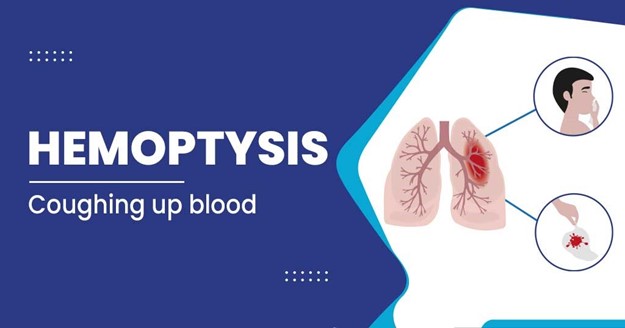A nurse is reviewing the ABGs of a client who has pneumonia. The nurse should identify which of the following findings is an indication of respiratory acidosis.
PaO2 86 mm Hg.
pH 7.4.
HCO3 16 mEq/L.
PaCO2 58 mm Hg.
The Correct Answer is D
Choice A rationale:
A PaO2 value of 86 mm Hg is within the normal range (80-100 mm Hg) and does not indicate respiratory acidosis. PaO2 measures the partial pressure of oxygen in arterial blood.
Choice B rationale:
A pH of 7.4 is within the normal range (7.35-7.45) and does not indicate respiratory acidosis. The pH reflects the acidity or alkalinity of the blood.
Choice C rationale:
An HCO3 (bicarbonate) level of 16 mEq/L is within the normal range (22-28 mEq/L) and does not indicate respiratory acidosis. HCO3 is a measure of the metabolic component of the body's acid-base balance.
Choice D rationale:
This is the correct choice. A PaCO2 value of 58 mm Hg is elevated and indicates respiratory acidosis. PaCO2 measures the partial pressure of carbon dioxide in arterial blood, and an elevated value suggests the presence of excess carbon dioxide, leading to acidosis.
Nursing Test Bank
Naxlex Comprehensive Predictor Exams
Related Questions
Correct Answer is C
Explanation
Choice A rationale:
Providing pin care when the client is 4 hours postoperative is not appropriate. The client has just undergone skeletal traction placement, and pin care is usually initiated after 24 hours to allow for initial wound healing.
Choice B rationale:
Removing the weights from the traction while repositioning the client in bed is unsafe and not recommended. The weights should remain in place to provide continuous traction and alignment for the fractured hip.
Choice C rationale:
Assessing the client's circulation every 4 hours is essential to monitor for any signs of impaired circulation, such as swelling, pallor, or decreased pulses. Early detection of circulatory compromise is critical to prevent complications like compartment syndrome.
Choice D rationale:
Requesting the client to perform ankle exercises on the affected extremity is not appropriate after skeletal traction placement. Ankle exercises could disrupt traction and hinder the healing process of the fractured hip.
Correct Answer is C
Explanation
Choice A rationale:
Expiratory rhonchi are typically associated with conditions such as chronic bronchitis or asthma but are not specific to pulmonary embolism.
Choice B rationale:
Petechiae over the lower extremities is not a characteristic finding in pulmonary embolism. Petechiae are tiny red or purple spots that appear due to bleeding under the skin and may be associated with other conditions like thrombocytopenia.
Choice C rationale:

The correct choice. Hemoptysis, which refers to coughing up blood, is a concerning finding in pulmonary embolism. It occurs due to the obstruction of blood flow in the pulmonary vasculature, leading to blood leaking into the lungs.
Choice D rationale:
Flattened neck veins are more likely to be observed in conditions associated with decreased venous return to the heart, such as hypovolemia or cardiac tamponade, and are not directly related to pulmonary embolism.
Whether you are a student looking to ace your exams or a practicing nurse seeking to enhance your expertise , our nursing education contents will empower you with the confidence and competence to make a difference in the lives of patients and become a respected leader in the healthcare field.
Visit Naxlex, invest in your future and unlock endless possibilities with our unparalleled nursing education contents today
Report Wrong Answer on the Current Question
Do you disagree with the answer? If yes, what is your expected answer? Explain.
Kindly be descriptive with the issue you are facing.
